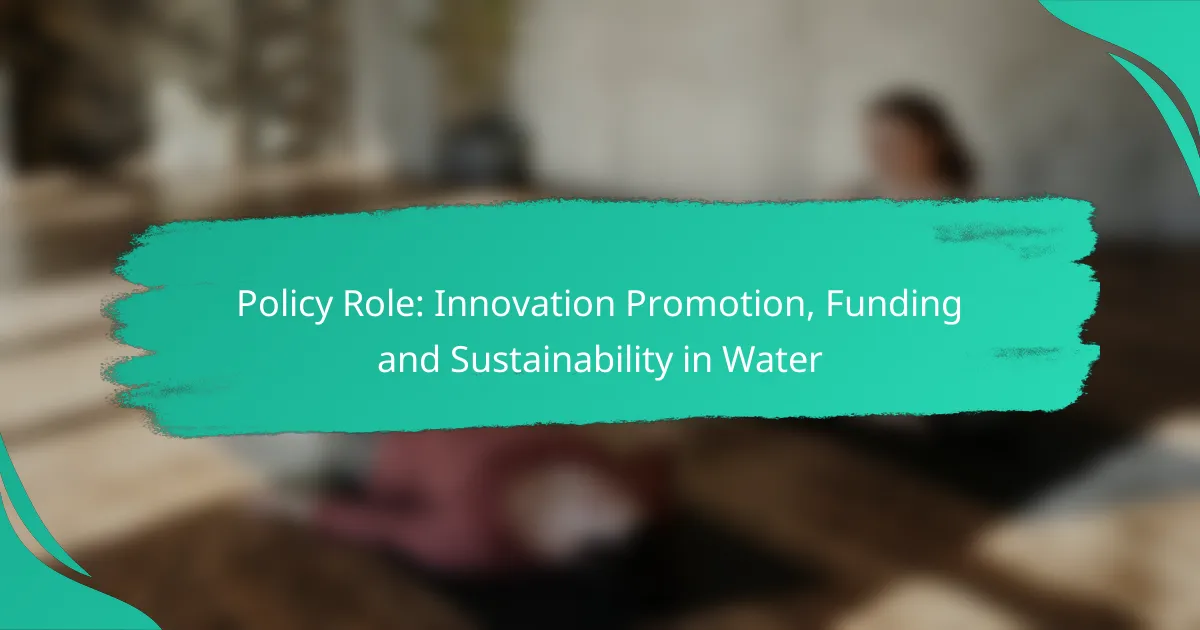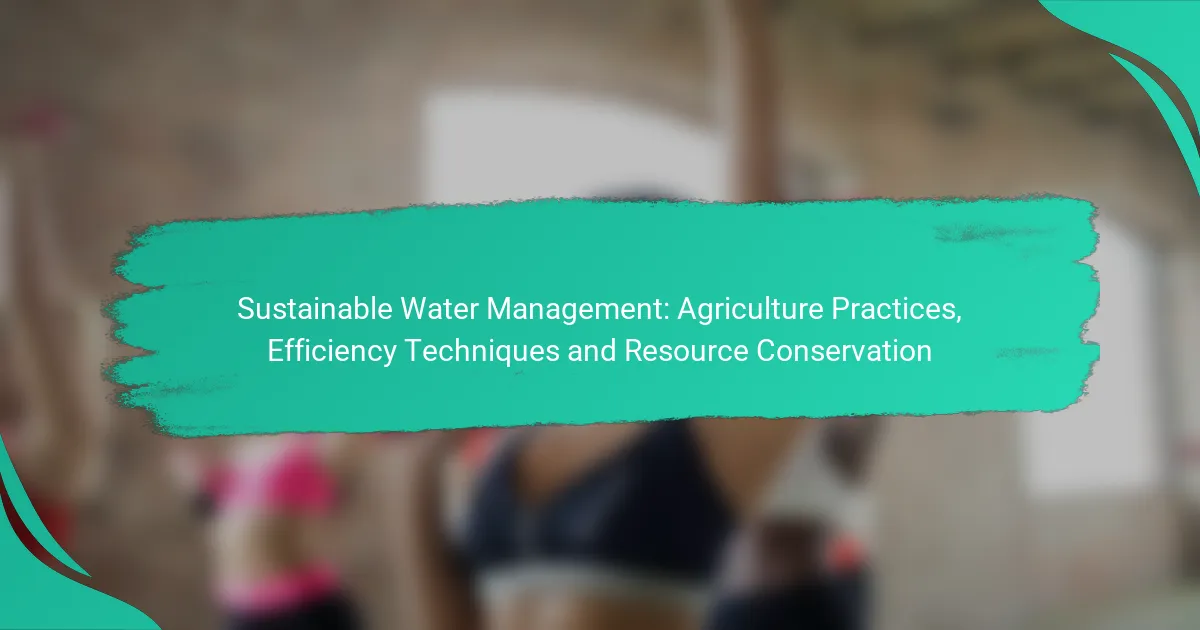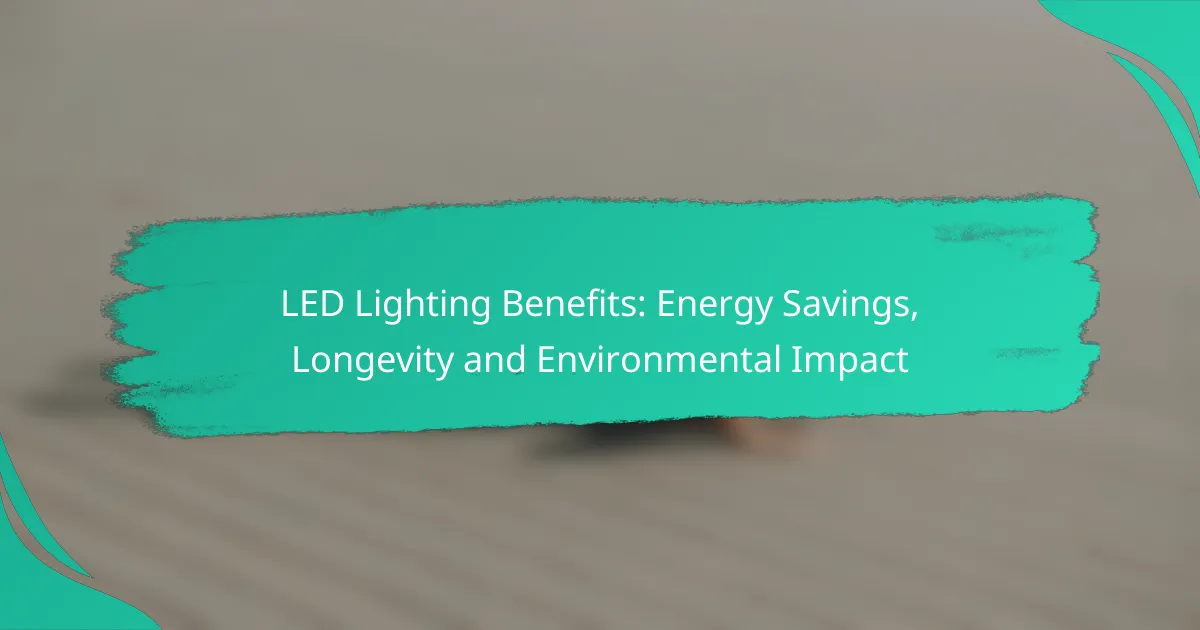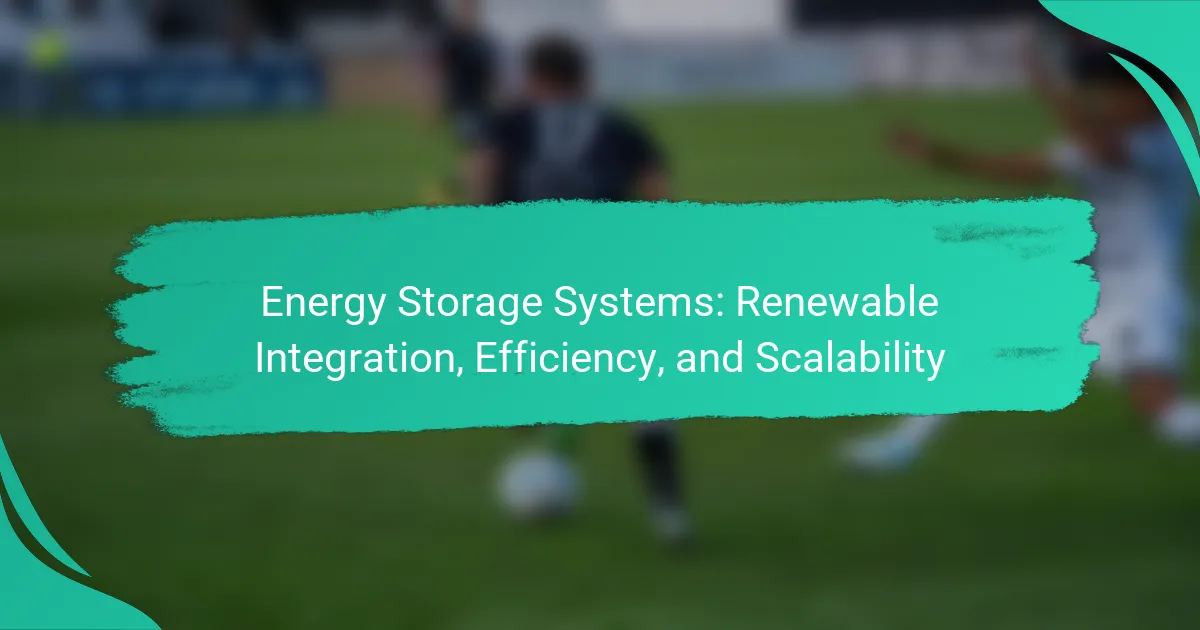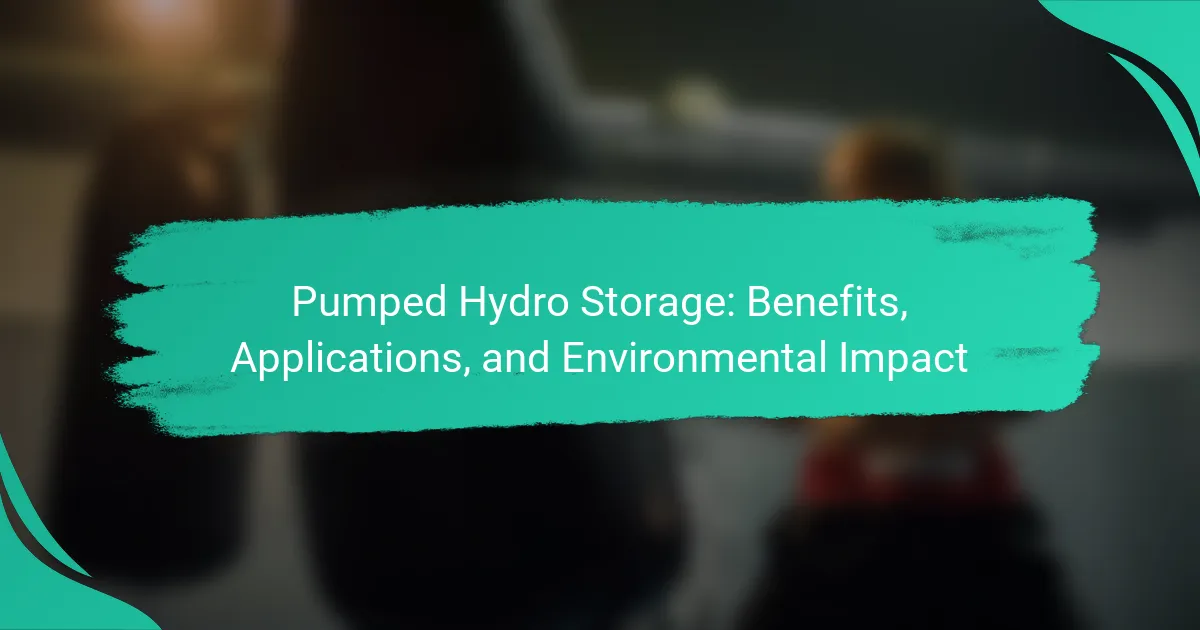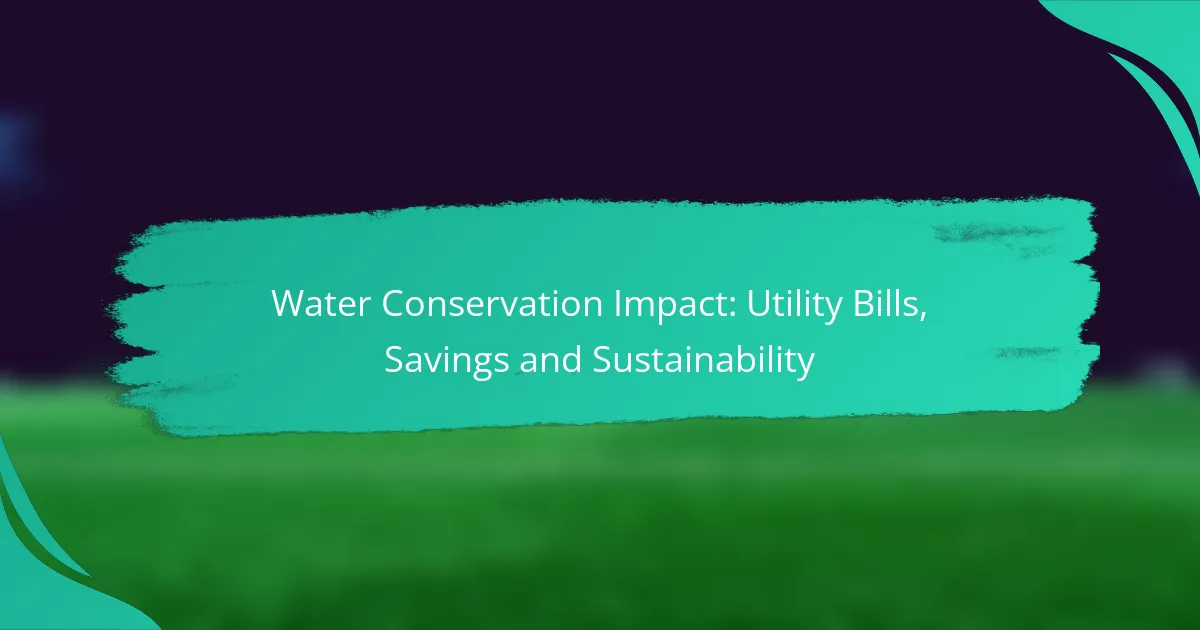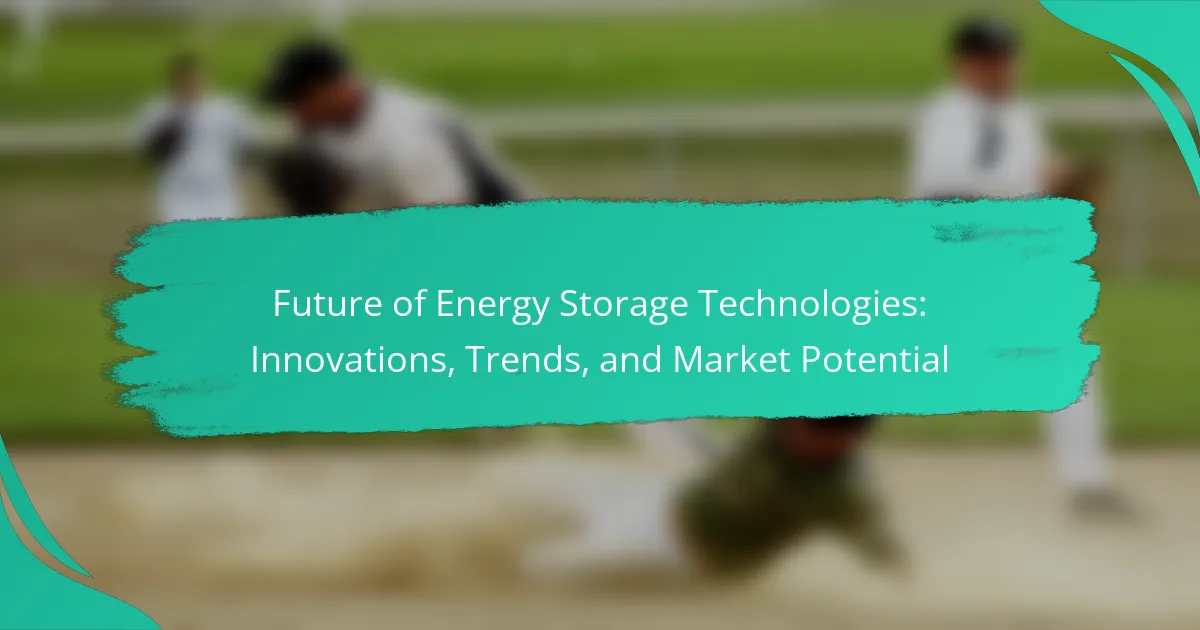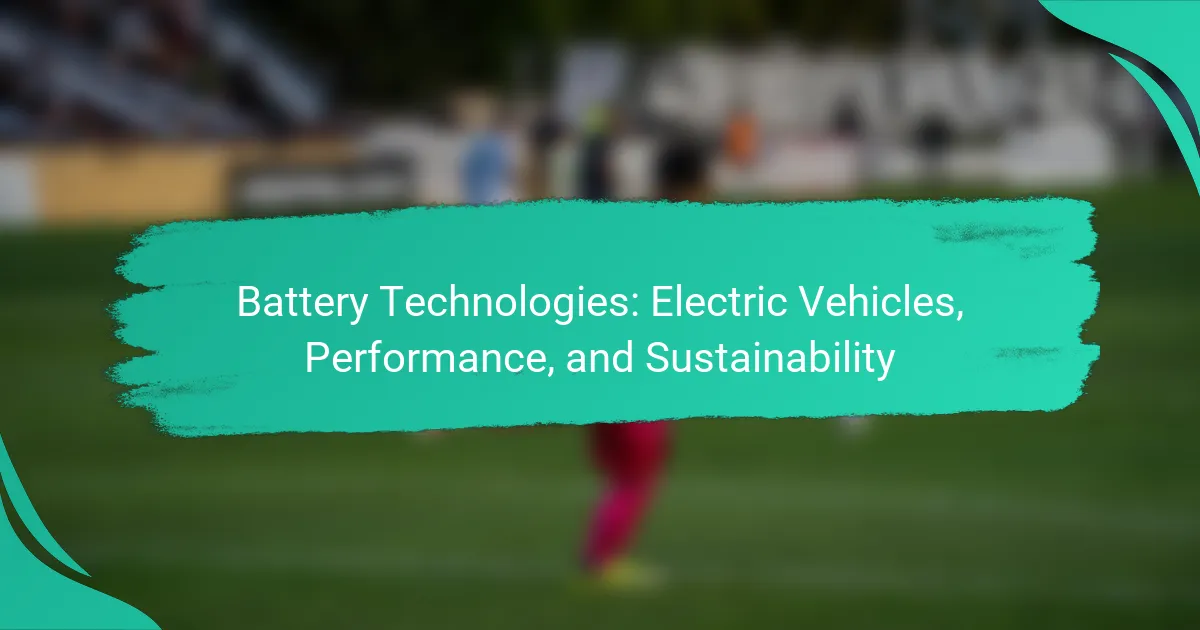Policy plays a vital role in promoting innovation and sustainability in water management by establishing frameworks … Policy Role: Innovation Promotion, Funding and Sustainability in WaterRead more
Sustainable Water Management: Agriculture Practices, Efficiency Techniques and Resource Conservation
Sustainable water management in agriculture is essential for optimizing water use while minimizing waste and environmental … Sustainable Water Management: Agriculture Practices, Efficiency Techniques and Resource ConservationRead more
LED Lighting Benefits: Energy Savings, Longevity and Environmental Impact
LED lighting provides numerous benefits, including substantial energy savings, an impressive lifespan, and a lower environmental … LED Lighting Benefits: Energy Savings, Longevity and Environmental ImpactRead more
Government Policies: Impact on Renewable Investments and Market Growth
Government policies are instrumental in driving renewable investments and fostering market growth by offering financial incentives … Government Policies: Impact on Renewable Investments and Market GrowthRead more
Greywater Recycling Systems: Types, Installation and Maintenance
Greywater recycling systems offer an effective way to treat and reuse wastewater from sources like sinks … Greywater Recycling Systems: Types, Installation and MaintenanceRead more
Energy Storage Systems: Renewable Integration, Efficiency, and Scalability
Energy storage systems play a crucial role in integrating renewable sources like solar and wind into … Energy Storage Systems: Renewable Integration, Efficiency, and ScalabilityRead more
Pumped Hydro Storage: Benefits, Applications, and Environmental Impact
Pumped hydro storage (PHS) is an effective energy management solution that utilizes the gravitational potential energy … Pumped Hydro Storage: Benefits, Applications, and Environmental ImpactRead more
Water Conservation Impact: Utility Bills, Savings and Sustainability
Water conservation is not only essential for environmental sustainability but also offers tangible financial benefits by … Water Conservation Impact: Utility Bills, Savings and SustainabilityRead more
Future of Energy Storage Technologies: Innovations, Trends, and Market Potential
The future of energy storage technologies is poised for transformative growth, driven by innovations that enhance … Future of Energy Storage Technologies: Innovations, Trends, and Market PotentialRead more
Battery Technologies: Electric Vehicles, Performance, and Sustainability
Battery technologies are pivotal in shaping the performance and sustainability of electric vehicles (EVs). With options … Battery Technologies: Electric Vehicles, Performance, and SustainabilityRead more
